How to buy plants that are not propagation prohibited
GardeningHeidi
9 years ago
Featured Answer
Sort by:Oldest
Comments (17)
calistoga_al ca 15 usda 9
9 years agoGardeningHeidi
9 years agoRelated Professionals
Kyle Landscape Architects & Landscape Designers · Milwaukee Landscape Architects & Landscape Designers · Oatfield Landscape Architects & Landscape Designers · Seabrook Landscape Architects & Landscape Designers · Buford Landscape Contractors · Amesbury Landscape Contractors · Bergenfield Landscape Contractors · Dallas Landscape Contractors · Fort Wayne Landscape Contractors · Hickory Hills Landscape Contractors · Huntington Landscape Contractors · McLean Landscape Contractors · Richmond Landscape Contractors · Salem Landscape Contractors · San Pablo Landscape Contractorsrhizo_1 (North AL) zone 7
9 years agoGardeningHeidi
9 years agobrandon7 TN_zone7
9 years agocalistoga_al ca 15 usda 9
9 years agoGardeningHeidi
9 years agorhizo_1 (North AL) zone 7
9 years agolazy_gardens
9 years agoGardeningHeidi
9 years agobrandon7 TN_zone7
9 years agoGardeningHeidi
9 years agoGardeningHeidi
9 years agodavid52 Zone 6
9 years agojacqueinthegorge
9 years agodavid52 Zone 6
9 years ago
Related Stories
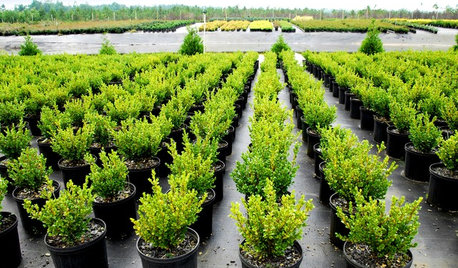
TREESHow to Buy Healthy Trees and Shrubs
A healthy young plant with a strong form is more likely to do well in your yard. Here’s what to look for at the nursery
Full Story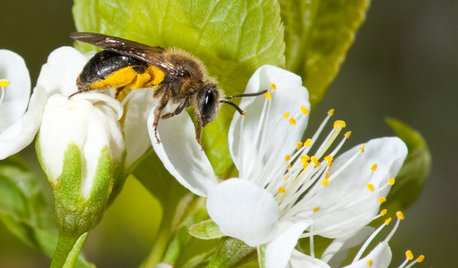
GARDENING GUIDESInvite Mining Bees to Your Garden by Planting Their Favorite Plants
Look for mining bees (Andrena) pollinating woodland wildflowers in U.S. gardens this spring
Full Story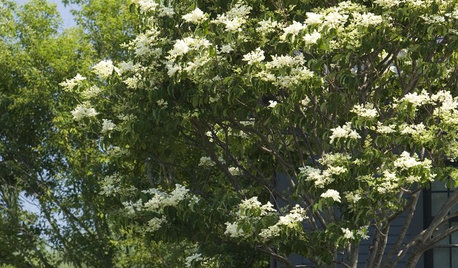
GARDENING GUIDESNo-Regret Plants: 5 Questions Smart Shoppers Ask
Quit wasting money and time at the garden center. This checklist will ensure that the plants you're eyeing will stick around in your yard
Full Story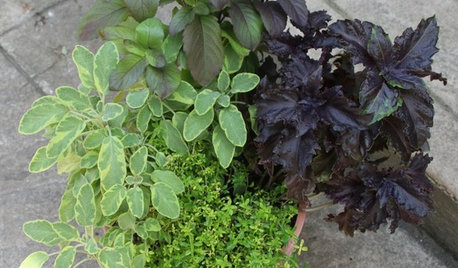
CONTAINER GARDENS8 Easy Container Plants to Grow From Seed
Get beautiful blooms and herbs in summer by starting these choice garden picks from seed in spring
Full Story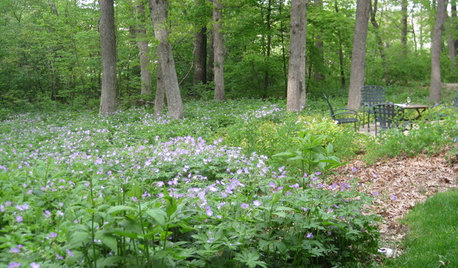
GARDENING GUIDESWe Bust 4 More Native Plant Myths
Have you been taken in by these fallacies about gardening with native plants?
Full Story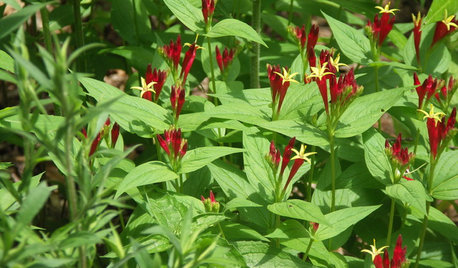
GARDENING GUIDESGreat Design Plant: Spigelia Marilandica
Indian pink is a top hummingbird plant for shady sites
Full Story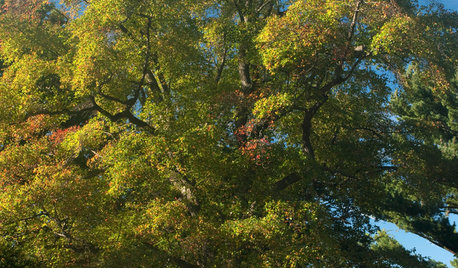
TREESGreat Design Plant: Nyssa Sylvatica
The black gum tree tolerates moist soil and provides many years of beautiful foliage, from summer to fall
Full Story
HOUSEPLANTS8 Essentials for Healthy Indoor Plants
Houseplants add so much to our homes — and can thrive when grown in the right conditions. Keep these tips in mind
Full Story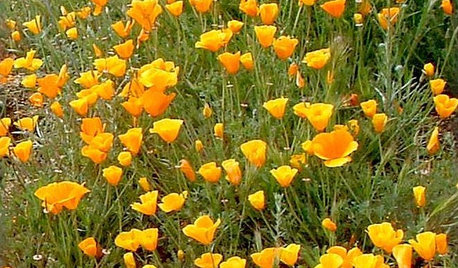
GARDENING GUIDESGreat Design Plant: California Poppy
Fall planting: California's state flower offers a glorious spring show and spreads readily in gardens under the right conditions
Full Story
GARDENING FOR BUTTERFLIES3 Ways Native Plants Make Gardening So Much Better
You probably know about the lower maintenance. But native plants' other benefits go far beyond a little less watering and weeding
Full StoryMore Discussions






dbarron